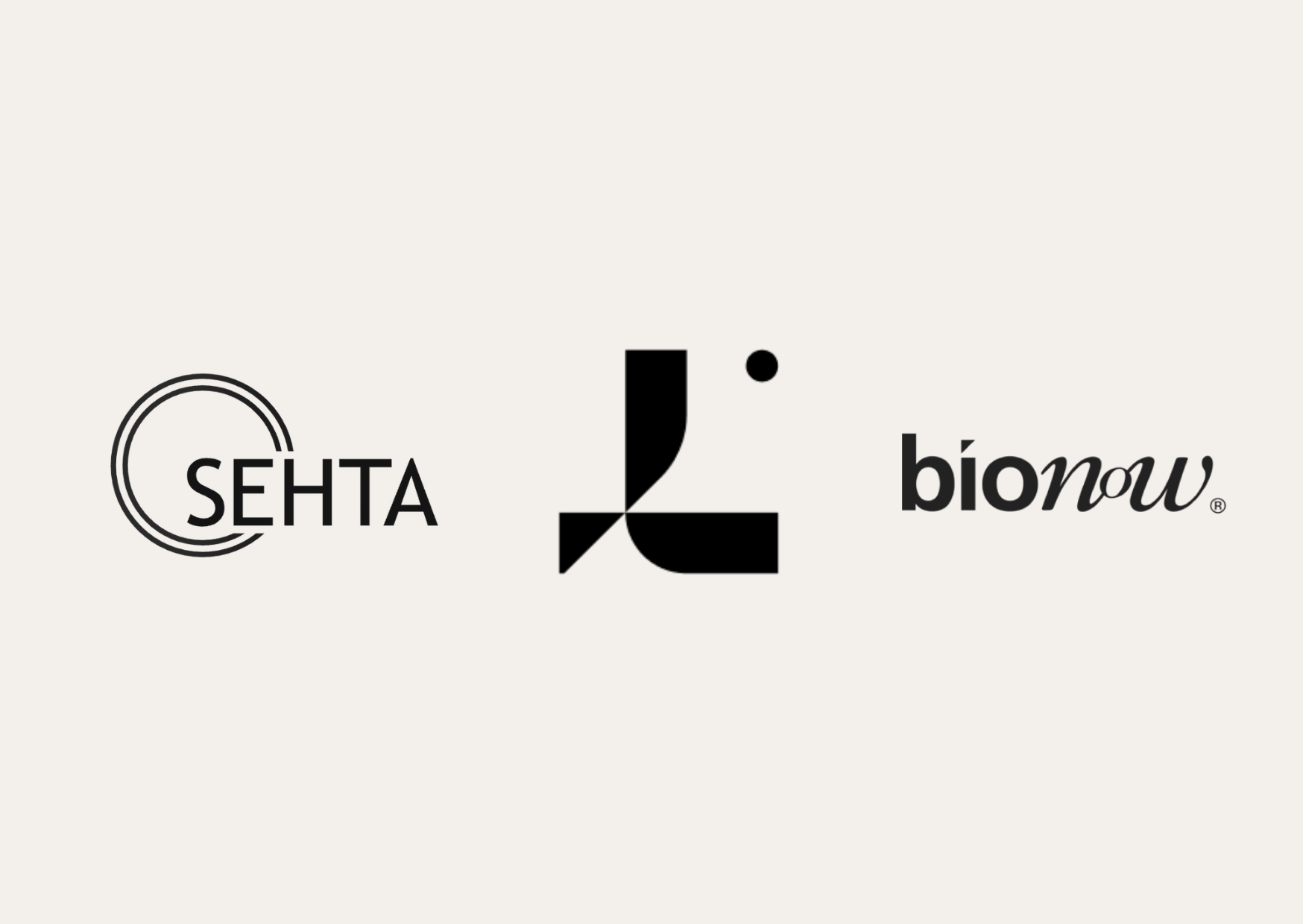Background
The Innovative Cardiorenalmetabolic Medicines Optimisation and CVD Prevention Group (InnoMeds team) at Leeds Teaching Hospitals NHS Trust (LTHT) is led by Dr. Rani Khatib and brings together consultant physicians, pharmacists, and nurses.
Their work spans post-myocardial infarction cardiology services, lipid management in both primary and secondary care, and novel injectable therapies. Their work is rooted in real-world clinical practice, and they actively contribute to scientific literature, conferences and professional education initiatives.
Data management needs
Before introducing Ledidi Core, the group used spreadsheets to collect and manage data. As their work expanded to include more complex audits, prospective research, and collaboration across sites, this approach introduced limitations, particularly around data accuracy, consistency, and timely analysis. Abigail Barrowcliff, Advanced Clinical Pharmacist, states “Prior to connecting with Ledidi, we had a database, then moved to a spreadsheet to record data. This was problematic due to data inconsistencies, duplicate spreadsheets being saved and time to complete analysis”. There was a clear need for a solution that could support collaborative workflows, enable real-time insights, and meet NHS standards for information governance and data security.
A collaborative approach to implementation
Ledidi worked closely with LTHT’s Research and Innovation department to complete the necessary information governance reviews, risks assessments and Data Protection Impact Assessments (DPIAs).
From the outset, the InnoMeds team was deeply involved in shaping how the platform would support their clinical and research objectives. Together, we focused on designing a practical and efficient data capture workflow that aligned with day-to-day clinical routines and analysis needs.
“Working with the InnoMeds team was a very positive experience. The team had a clear understanding of their data and what they wanted to analyse. They had previously published in this area, so we were able to take that scientific work and build the project in Ledidi to replicate those analyses in real time as new data was captured.“
Eimir Hurley, Biostatistician, Ledidi
Supporting clinical work and research
The platform provides the team with tools to evaluate service delivery, visualise trends, and generate insights that inform both local practice and broader scientific communication.
Ledidi Core supports several clinical registries within the lipic clinic, including datasets on PCSK9 inhibitors and an Inclisiran database. The system’s flexibility allows the team to adapt data fields and analytical outputs to reflect evolving clinical and research priorities. These efforts have already contributed to research dissemination, including an abstract accepted for the 2025 ACNAP Congress.
Dashboard example, giving real-time insights into prescribed therapies at first visit.
Outcomes and reflections
The introduction of Ledidi Core has improved the team’s ability to work with real-time, structured data. Dashboards allow quick interpretation of key metrics, and collaborative access facilitates seamless contribution from across the multidisciplinary team. Notably, close working relationships were built between the InnoMeds team and the Ledidi Science team, which ensured the outcomes met the teams’ expectations and supported their clinic work.
"Working with Ledidi has been very helpful in making our work easier and publishable. Thanks to the Research & Innovation Department at Leeds Teaching Hospitals NHS Trust for facilitating this collaboration."
Dr. Rani Khatib, Consultant Pharmacist in Cardiology and Cardiovascular Clinical Research at Leeds Teaching Hospitals NHS Trust, Associate Professor at University of Leeds, and National Specialty Advisor for Cardiovascular Prevention at NHS England.
“Our service places research and innovation, alongside patient care, as a top priority. We believe in sharing knowledge through conferences, publications and online or in person education. As part of this we analyse our local data from clinics and the patient outcomes.
We worked closely with Ledidi to create a lipids registry for patients on PCSK9 inhibitors. The team were attentive and understood our needs and desired outcomes. I also was able to create a database of my own for inclisiran, which supported a submission to ACNAP and a subsequent invite to present my abstract at the annual congress in June. We look forward to continuing our work with Ledidi in the future.”
Abigail Barrowcliff, Advanced Clinical Pharmacist: Cardiovascular services, LTHT
"Working with Ledidi has made my life as a researcher much easier when collecting, recording and analysing data. It has taken a bit of time to get used to it and move away from Excel, but it's a very easy to use and seamless system to facilitate the vast majority of research tasks. Most importantly, the team has been fabulous in helping us design and build the database and data entry forms according to our team's individual needs."
Emma Kampouraki, Specialist Clinical Pharmacist - Adherence research, LTHT
Takeaways for other clinical teams
The InnoMeds team’s experience illustrates how structured, real-time data management can transform clinical and research workflows, even within busy NHS settings. Their collaborative approach with Ledidi shows that digital platforms can be tailored to reflect real clinical priorities - not the other way around. For other multidisciplinary teams looking to improve data quality, streamline audit processes, or accelerate research output, this case demonstrates that transitioning from spreadsheets to purpose-built platforms is not only feasible, but can also unlock new opportunities for collaboration, service evaluation, and scientific dissemination. Importantly, the project highlights the value of aligning digital tools with existing clinical routines and governance frameworks to ensure successful adoption.
If you’d like to discuss how Ledidi Core could transform your data collection and analysis, email sales@ledidi.com or fill out our contact form.
eCRF form examples - structured to suit clinic needs


